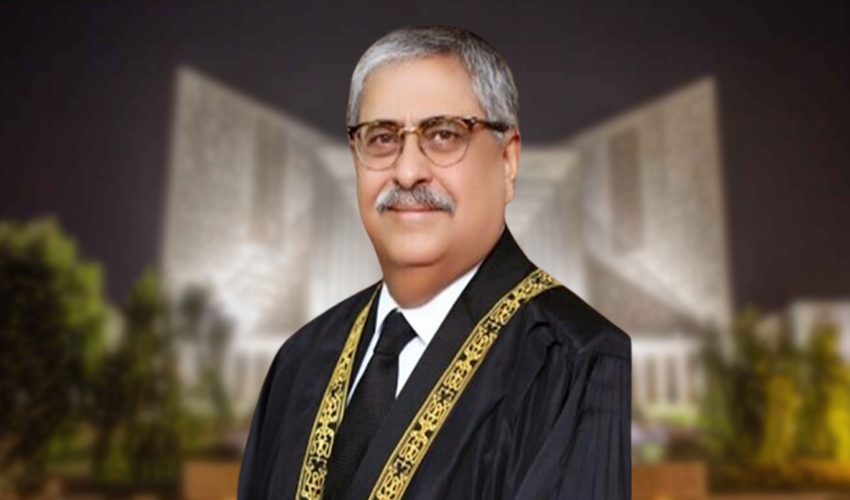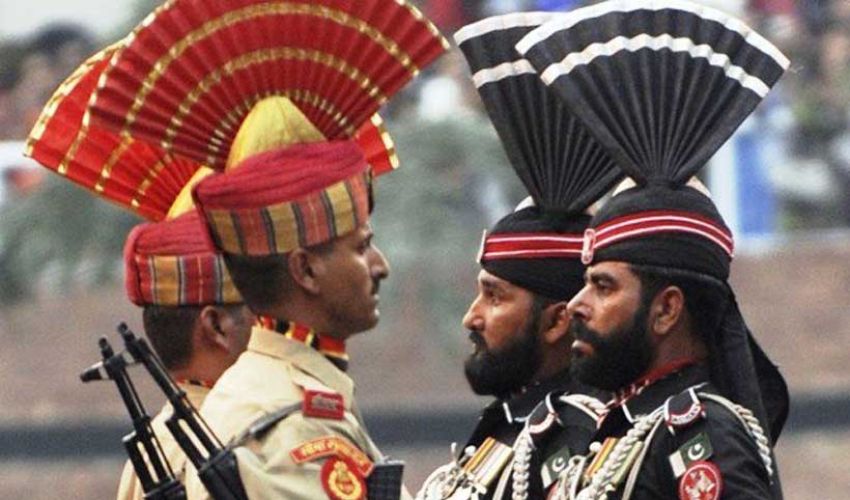An interesting interaction took place on the country’s history of democracy between Chief Justice of Pakistan (CJP) Qazi Faez Isa and Justice Athar Minallah of the Supreme Court during the hearing on appeals against the late military dictator Gen (retd) Pervez Musharraf's sentence.
On the mention of the October 12 coup by Musharraf along with his November 3 emergency, the CJP suggested learning from the past.
At this, Justice Minallah said: "If we have to go into the past, then Pervez Musharraf abrogated the Constitution, dissolved assemblies, and this very court gave way to it.”
He further said the judges who deemed Musharraf's martial law legal should also be tried. “We must speak the truth,” he added.
“Why was action taken only on the November 3 action?” asked Justice Minallah, saying if action was taken over the November 3 actions only when judges were attacked, there will be questions of fair trial.
“Was the attack on judges a more serious matter than dissolving assemblies and suspending the Constitution?” he questioned.
CJP Isa said he could not undo what happened in the past. “Was everyone punished for moving forward in South Africa?” he asked further. “We should learn from history and teach the next generation also.”
“If we have to become a nation, then we need to correct the future by learning from the past,” Justice Isa remarked, adding that the media was also responsible and it should also be tried.
He further asked how many journalists were in favour of and against martial law.
Justice Minallah said history meant that when someone was powerful, no one spoke against him, but when they became weak, there were judgements against them.
A four-member bench headed by the CJP was hearing the appeals against Musharraf's sentence in the high treason case. Further hearing was adjourned until January 10.



























